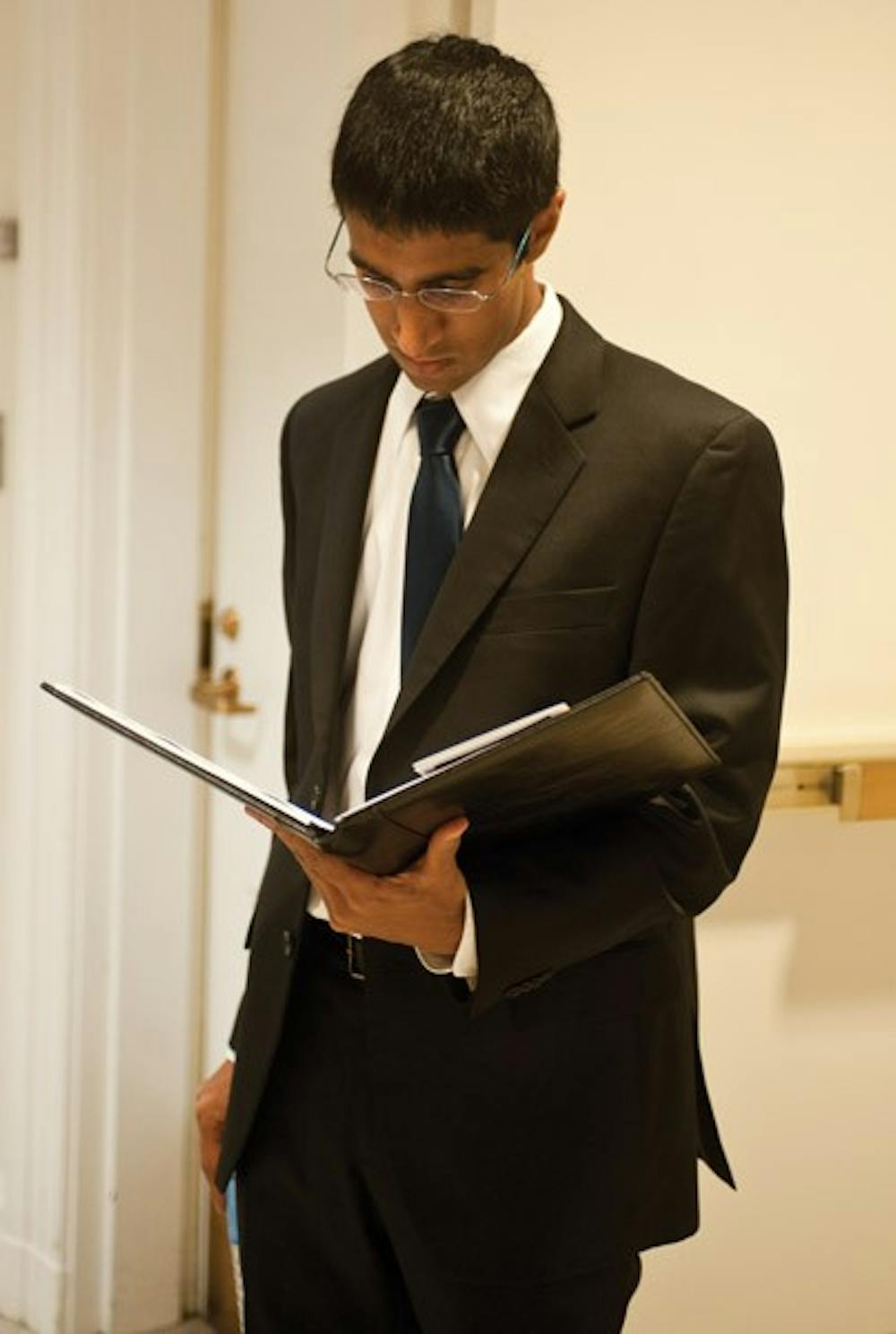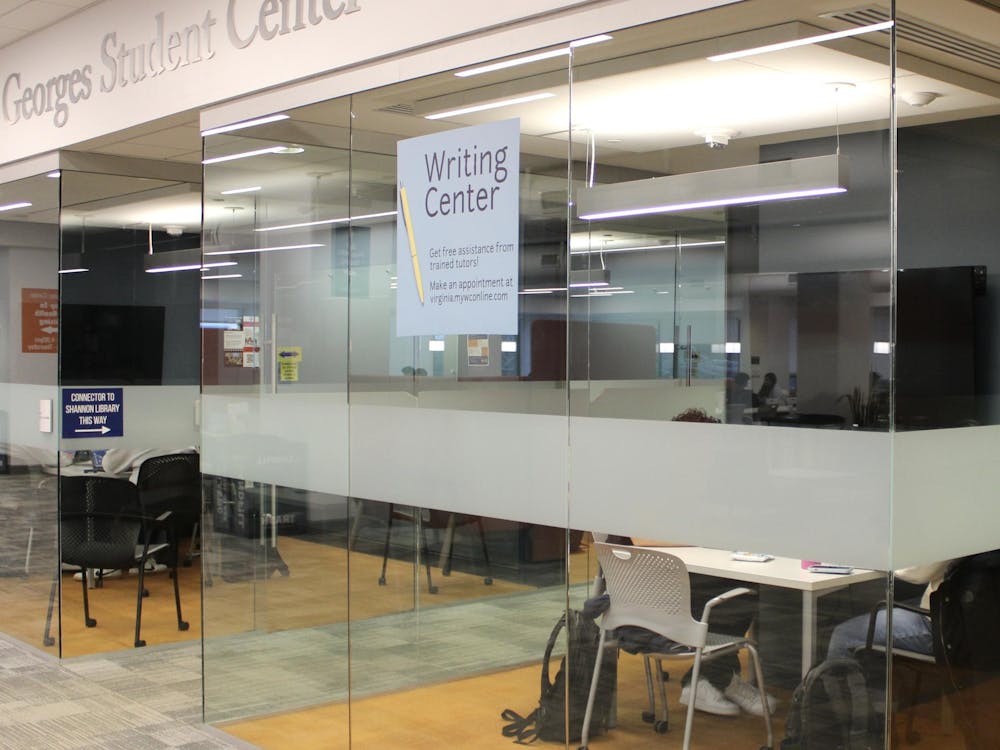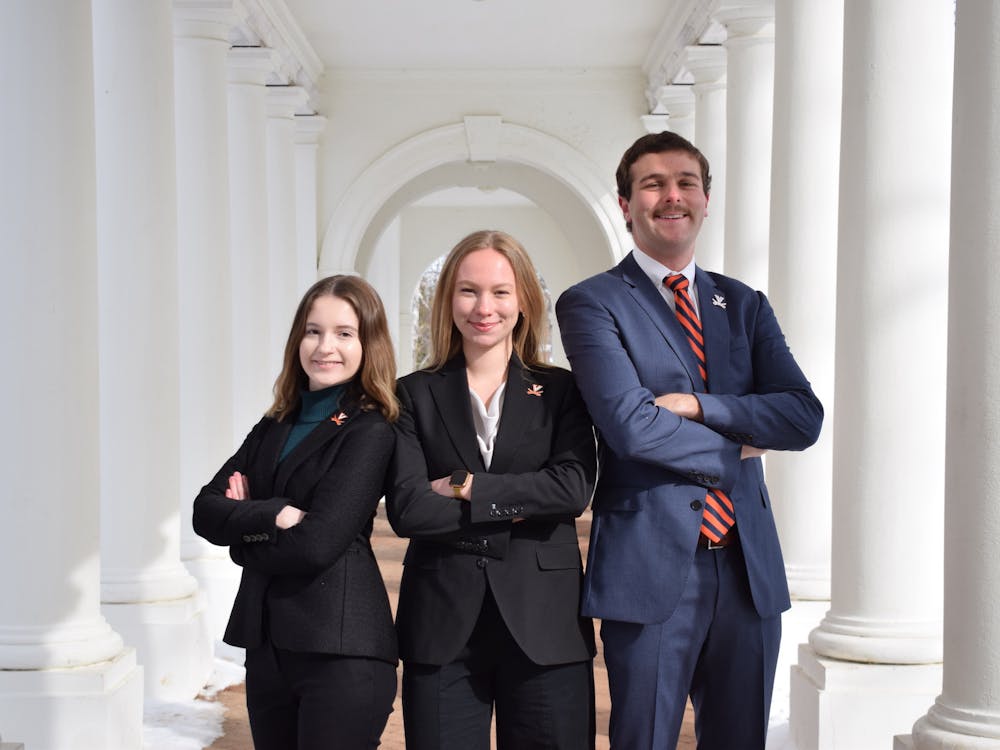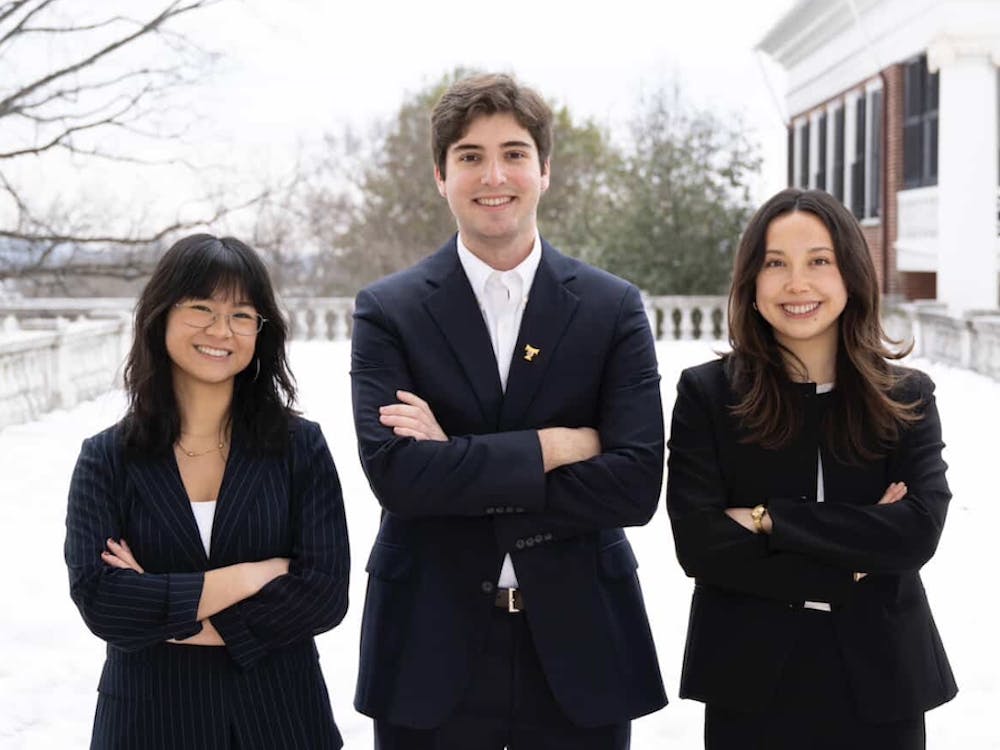A University Judiciary Committee trial panel ruled last night that the committee did not have jurisdiction to rule in a case heard yesterday against Cavalier Daily Editor-in-Chief Jason Ally.
The ruling came at the end of a trial about an alleged breach of confidentiality in an Honor case.
Following an editorial last month in which The Cavalier Daily's managing board disclosed that a former writer had included plagiarized material in his articles and had been reported to the Honor Committee, Honor Committee Chair Ann Marie McKenzie filed UJC charges against The Cavalier Daily leadership.
She originally charged all five managing board members with violating Standard 11 of the University's Standards of Conduct, which prohibits students from engaging in "intentional, reckless, or negligent conduct which obstructs the operations of the Honor or Judiciary Committee, or conduct that violates their rules of confidentiality." McKenzie later dropped charges against four of the five members, but moved forward with her case against Ally.
Last night's decision overrules an opinion released Sept. 22 by the UJC's Executive Committee. The Cavalier Daily managing board had previously filed for dismissal of the case on the grounds that its actions were exempt from UJC jurisdiction, citing a clause in the body's constitution which states that the UJC "shall not have jurisdiction over the exercise of journalistic and editorial functions by student groups." At that time, the Executive Committee said in a statement that it would decline to dismiss the charges.
"The fact that the alleged disclosures occurred in a newspaper does not necessarily absolve the individual students of their duties to uphold any binding Honor Committee policies," the Sept. 22 UJC opinion reads.
Fourth-year College student Reedy Swanson, who represented Ally during the trial procedures, said the earlier opinion was not a definitive ruling on UJC's jurisdiction, but rather deferred the decision until later in the trial process.
"It was that decision that allowed them to hear the case, but that decision is very carefully worded to avoid reaching an ultimate decision on whether the committee had jurisdiction," he said.
Swanson also noted that the Committee's ruling last night is not an outright retraction of its earlier decision on jurisdiction.
"It's not clear that what they've done is an exact reversal or a complete 180," he said. "Regardless [of an earlier ruling granting the UJC jurisdiction], it wouldn't matter. UJC does not operate in a system of common law or precedent."
Though last night's ruling did not address the question of Ally's guilt or innocence, most of the trial focused on issues of confidentiality rather than jurisdiction.
"During the trial, the parties presented information about the merits and facts of the case," Swanson said.







